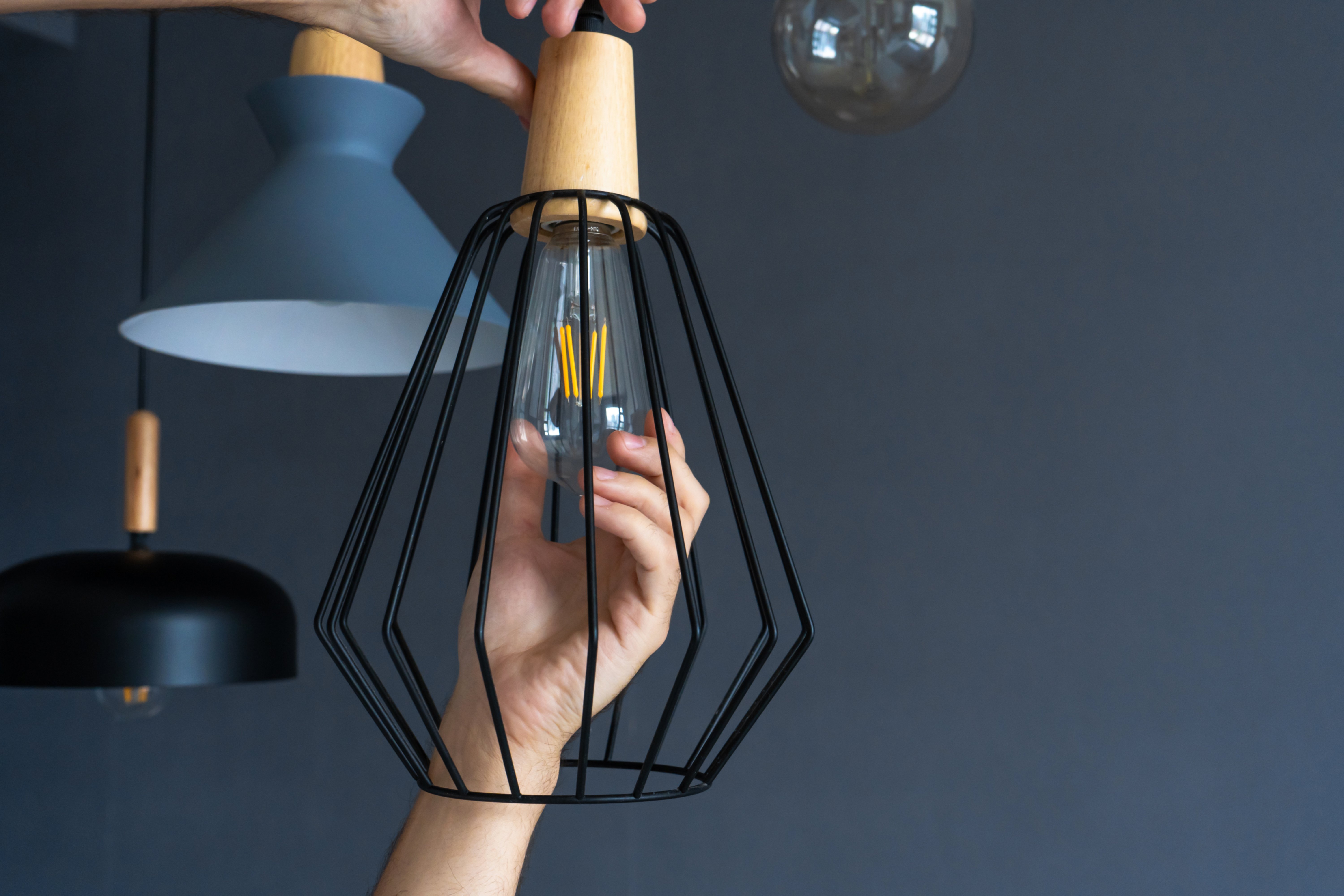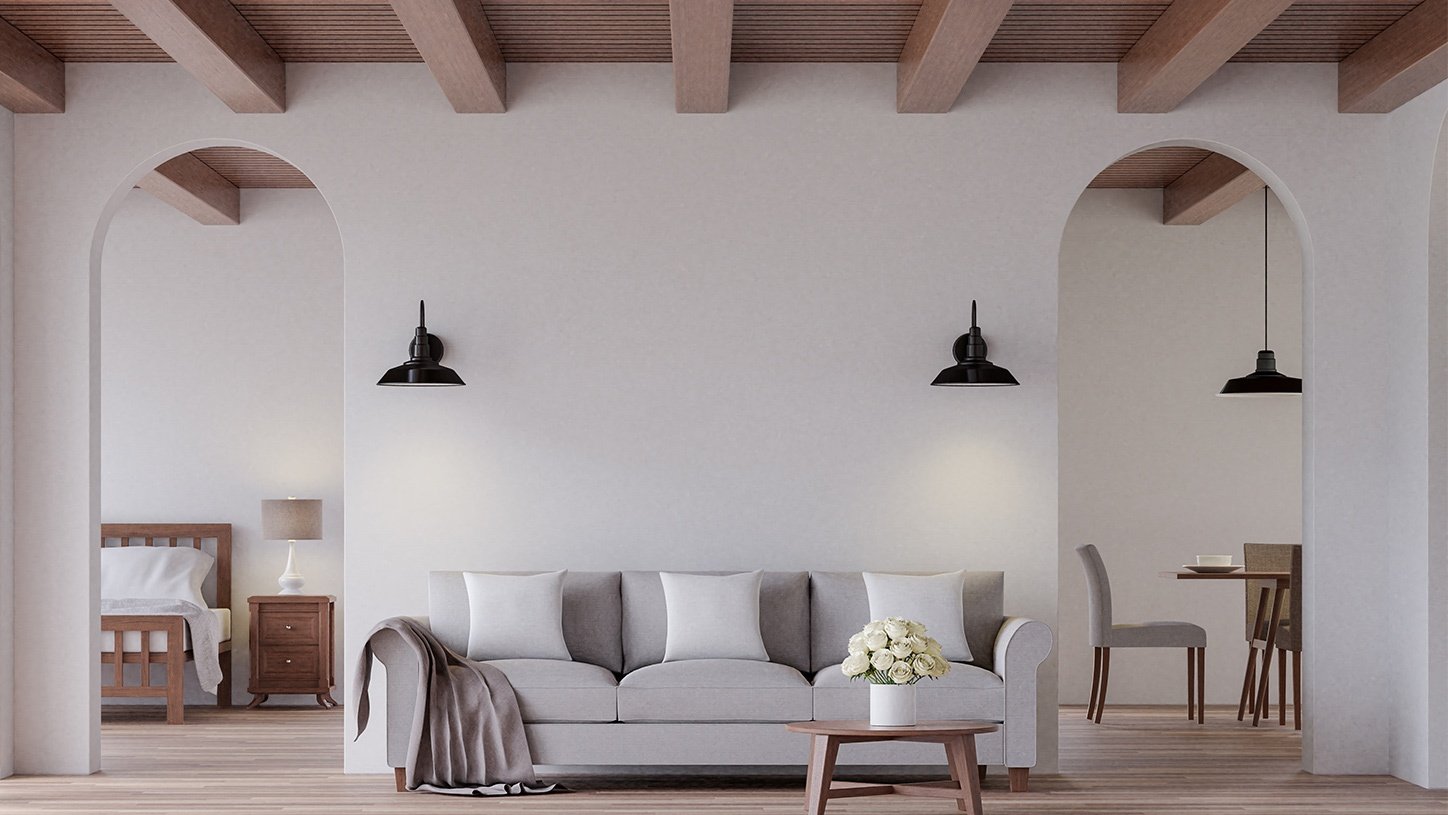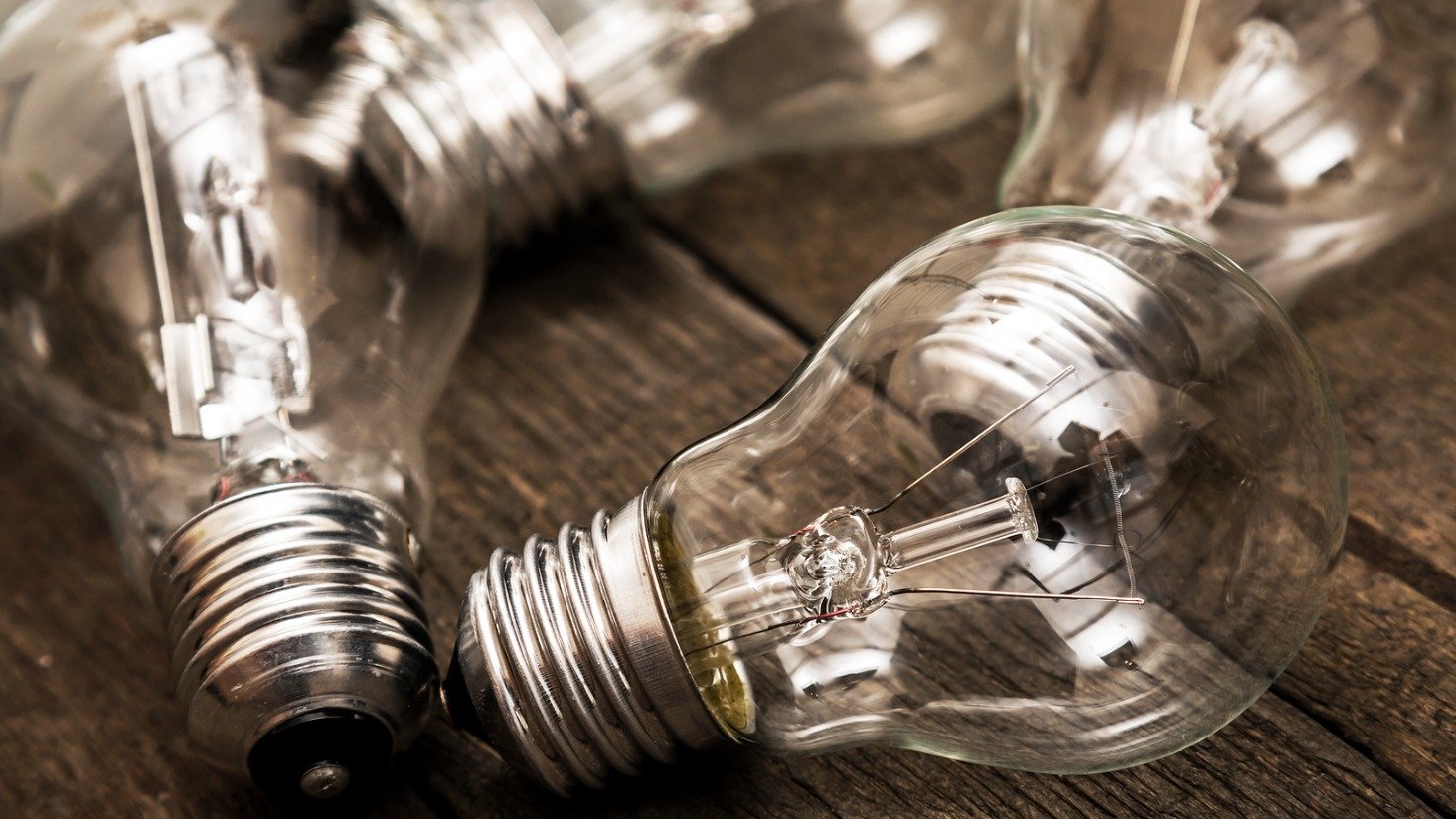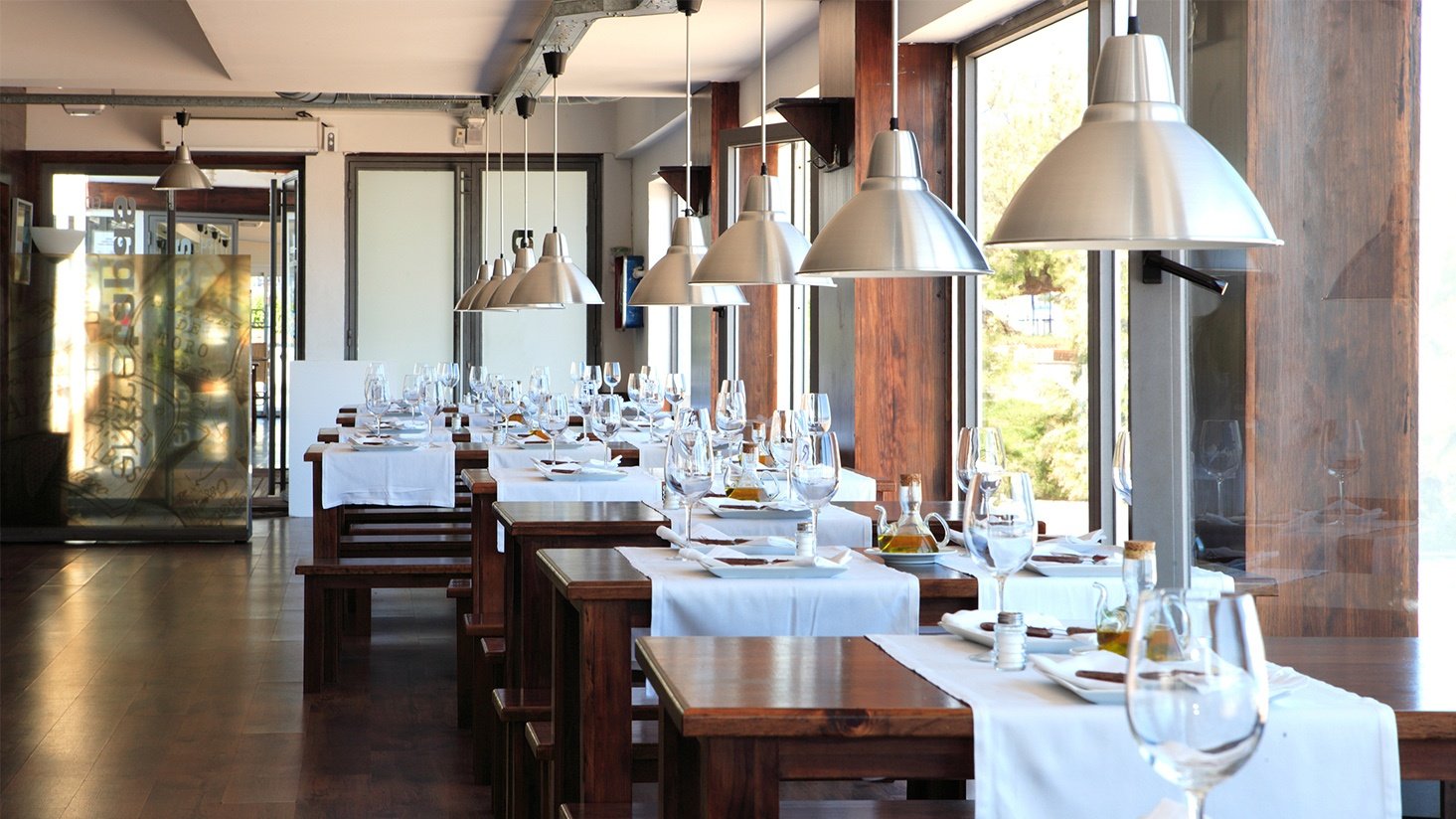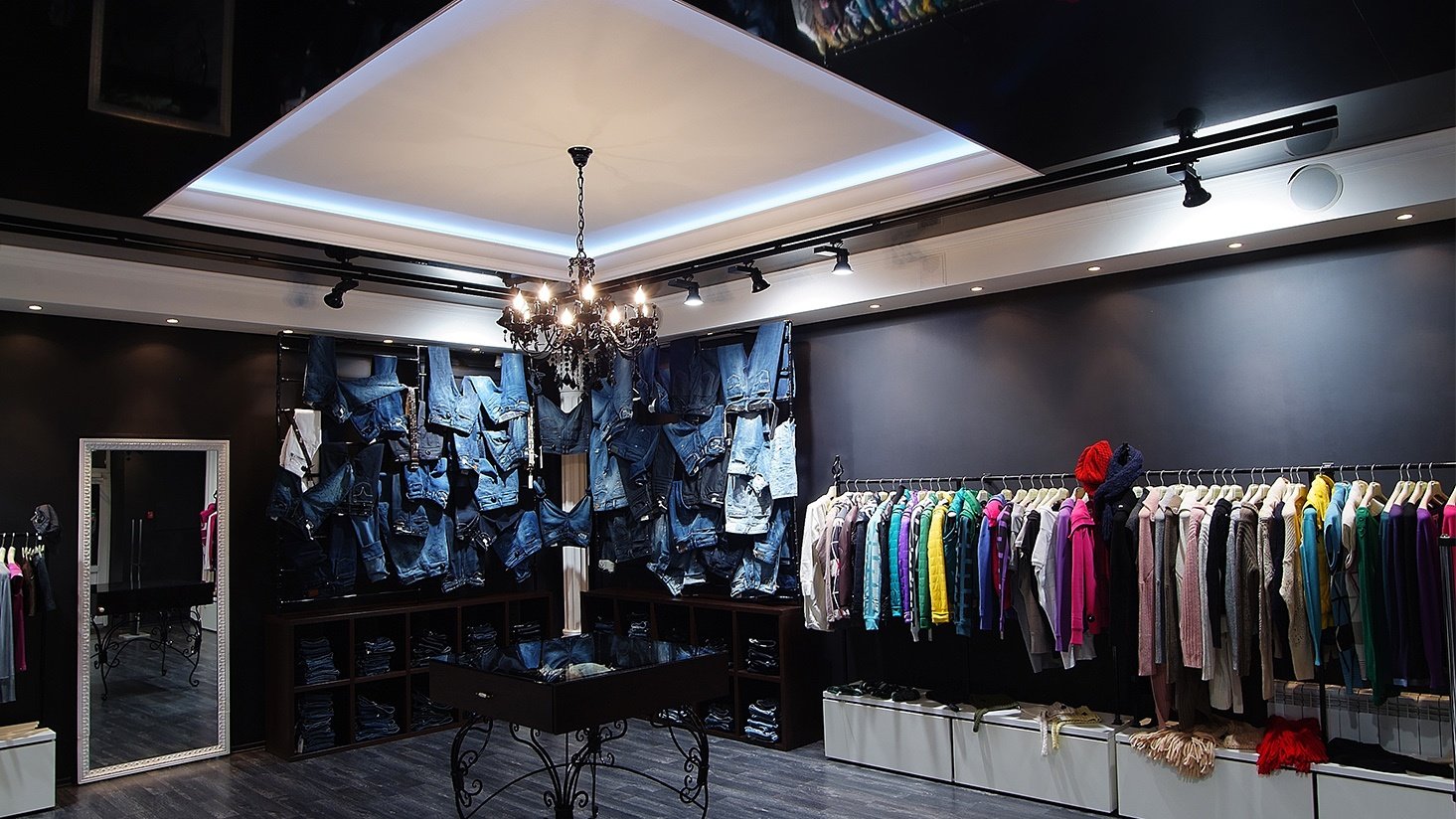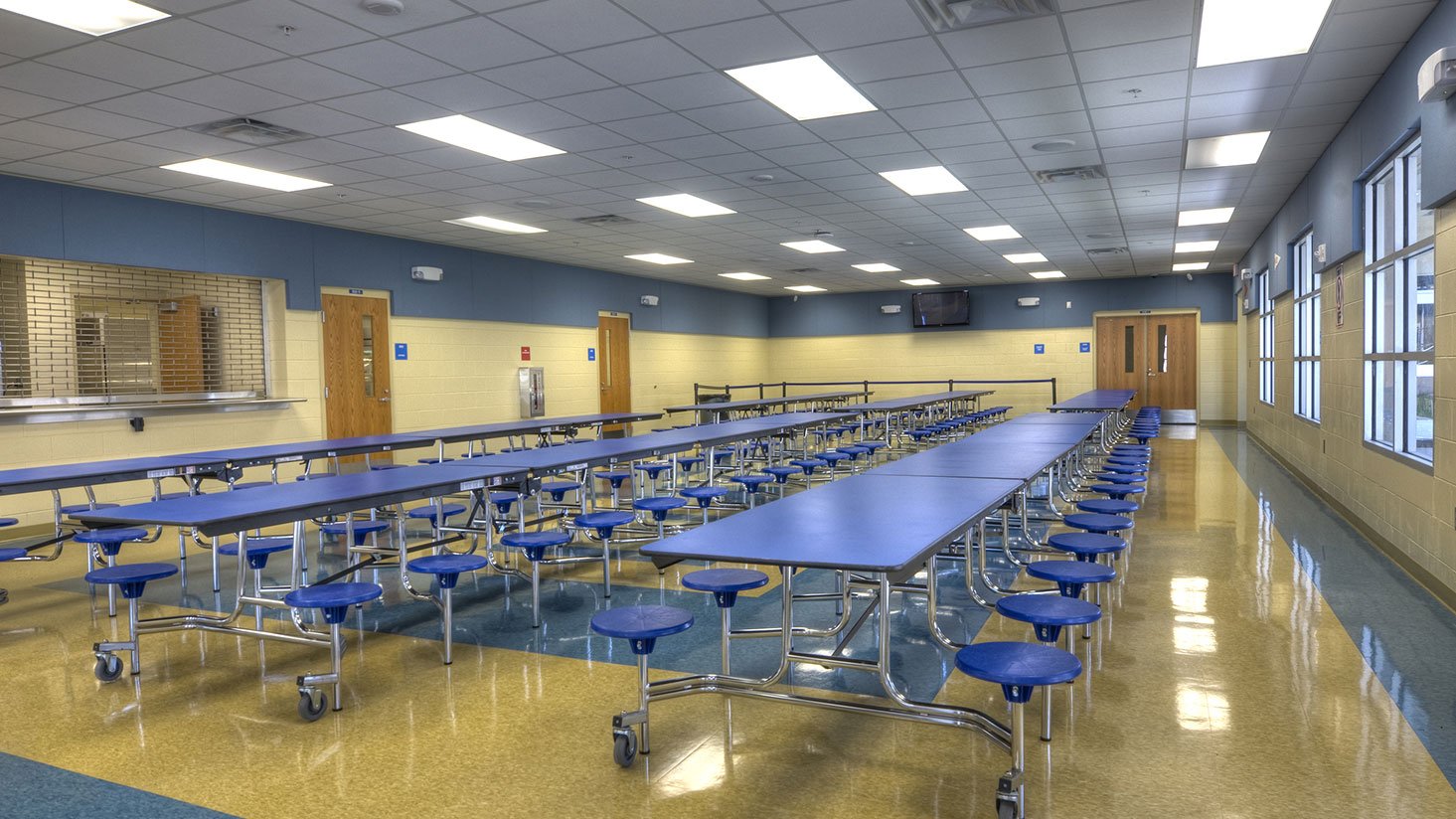The best LED replacements for common incandescent light bulbs
Your incandescent bulb burns out. You head to the store or look online for a replacement — but finding the exact same bulb is proving to be more difficult. There are several reasons behind the phase out of incandescent light bulbs, the primary one being new restrictions on lighting products from the Department of Energy.
Because of the ruling, most incandescent light bulbs will become discontinued and unavailable starting in 2023. Ready or not, it's time to find an LED alternative to common incandescent light bulbs.
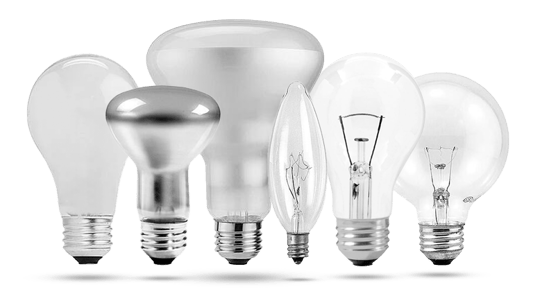
Tips for LED equivalents for incandescent light bulbs
When you’re replacing a light bulb, there are a few specifications that are important to consider to make sure the light bulb will work and you’ll be happy with the light.
1. Check the light bulb base
In commercial applications, you want to make sure you consider the base. In most applications where you would find an incandescent light bulb the three most common bases are medium (E26), intermediate (E17), and candelabra (E12). There are other bases, but if the bulb doesn't have a common base, you’re probably looking for a specialty bulb.
2. Check the light bulb color
Most incandescent light bulbs give off a warm color (technically, 2700K to 3000K in light color temperature). There are “Daylight” incandescent bulbs, though, and these are in the 4000K to 5000K color temperature range. When you’re replacing lighting, having consistent light color is important for the mood and brand of the space.
3. Check for dimming
All incandescent lighting is dimmable, but not all LED light bulbs are dimmable. This is critical to factor in if you’re upgrading to LED. Keep in mind that dimming LEDs can be tricky, so make sure your dimmer is compatible with LEDs or that you replace your dimmer as well.
Common LEDs for A19 shape light bulbs
A-shape light bulbs are the quintessential light bulb shape. These are what you typically find in a table lamp, but we’ve run across these in downlights, track heads, and all sorts of places.
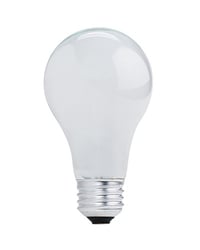 |
| Most common shape abbreviations: A15, A19, A21 |
| Most common base: E26 (Medium) |
Here are our top recommendations for medium-base a-shape LED bulbs.
If you are looking for ultra-warm antique filament style LED bulbs, here are recommendations.
Common LEDs for torpedo-shape light bulbs in decorative fixtures and chandeliers
Torpedo or flame-shape light bulbs are the workhorse in chandeliers and decorative fixtures. The style of the outside of the light bulb will matter more depending on how visible the bulbs are in the fixture and the overall look of the fixture.
The shape of these bulbs is typically a style abbreviated by a letter (like “B” for blunt-tip or bent-tip or “F” for flame) and a number (like 10 corresponding to the width). When you’re looking for replacements much of the shape and width is up to your visual preference, but the base is critical to match exactly
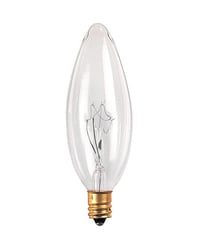 |
| Most common shape abbreviations: B9.5, B10, B11, CA10, CA8, C11, C15, F15 |
| Most common bases: E12 (Candelabra) and E26 (Medium) |
Here are our top recommendations for torpedo-shape LED bulbs.
Common LEDs for globe-shape light bulbs
Globe-shape light bulbs are most common in pendants and vanity fixtures. The round shape can also mean that these find their way into other feature fixtures and creative applications.
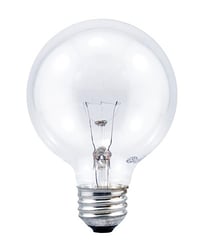 |
| Most common shape abbreviations: G16.5, G25, G40 |
| Most common bases: E12 (Candelabra) and E26 (Medium) |
Here are our top recommendations for globe-shape LED bulbs.
Common LEDs for BR-shape light bulbs
BR lamps used to be the most common light bulb to find in a downlight. These also show up in track heads periodically. These use a significant amount of energy for their light output, so an LED upgrade typically pays for itself quickly, but you also need to be careful about checking for dimming compatibility. It's also worth noting that if you’re working with a downlight, you may want to consider a retrofit kit as a possible upgrade.
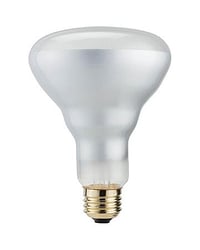 |
| Most common shape abbreviations: R20, BR30, BR40 |
| Most common bases: E26 (Medium) |
Here are our top recommendations for reflector-shape LED bulbs.
Other resources for replacing incandescent light bulbs
When it comes to upgrading to LED lighting, we’ve helped countless businesses save money, reduce maintenance issues, and upgrade the aesthetics and functionality of their spaces. If you’re being impacted by the phase-out of most incandescent lighting, we can help you select the right products and ensure that you have a solid plan for rolling out new lighting. You can schedule time with our team here.
We’ve also prepared a guide to lighting applications that commonly use incandescent light bulbs and a guide on how to read incandescent light bulb part numbers. Another resource you may find helpful is this guide to common LED lighting terminology and specs.
Finally, if you’re wondering how much you would save after upgrading to LED, you can check out our energy savings calculator or download our guide to energy savings calculations.
